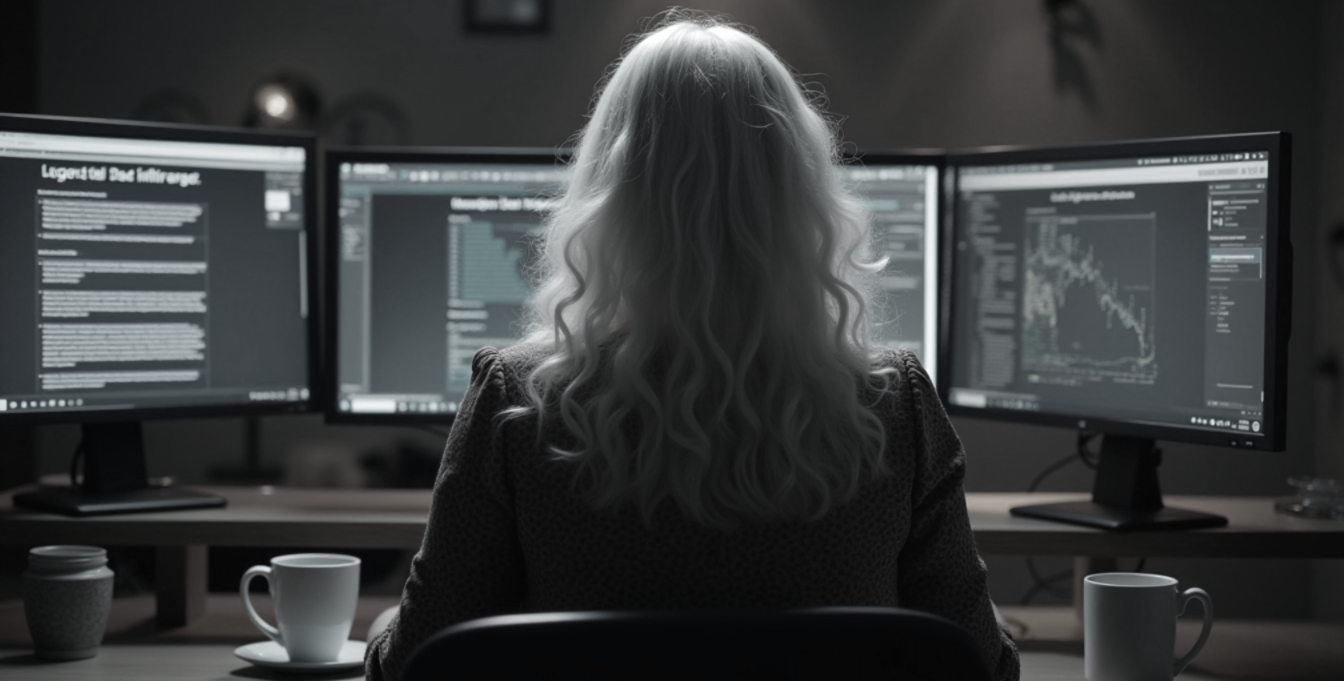Liza Danver reports: An IRS worker is facing serious federal charges for stealing money from the government for six straight months. The U.S. attorney said between May and November of 2007, Indianapolis IRS worker Angela Bennett illegally used a special IRS database to obtain people’s personal information, like social security numbers, to file six phony…
NZ: Massey University Experiences Serious Breach Of Security
The Massey University intranet system utilised by students from all across New Zealand, MyMassey, is under scrutiny after a severe breach of security left thousands of students able to access other people’s highly sensitive information. Rawa Karetai, President of the Albany Students’ Association, was one of the first students to notice this critical error: “I…
KY: Sensitive information taken from Owensboro college
Stuart Peck reports: The personal information of 3,000 past and present students and faculty at Owensboro Community and Technical College is still missing. Names, social security numbers, and employee and student ID numbers are on a portable computer storage drive missing now for a week. College officials believe someone has taken it and may not…
FBI: Thousands of PR children victims of ID theft
Danica Coto reports: An identity-theft ring that catered to illegal immigrants seeking to establish themselves in the U.S. stole the personal data of 7,000 public school children in Puerto Rico, officials said Tuesday. Members of the ring broke into about 50 schools across the U.S. island territory over the past two years to steal birth…
Bits ‘n Pieces
In the justice system: Lloyd Barkley pleaded no contest to charges he collaborated with Atin Singh and his wife in a plot to steal customer data from an unnamed Indian restaurant where Singh worked; the fake credit cards were then used at a local Safeway. More. Jorge Ignacio Lozano Apodaca and Angel Ernesto Zapien Del…
Met Life fax malfunction misdirects personal info
Metropolitan Life Insurance (Met Life) has notified (pdf) the Maryland Attorney General’s Office that for about two days in January, their electronic fax server malfunctioned after they had uploaded a software patch. As a result, personal information on some customers — including names, addresses, and Social Security numbers — was misdirected to other fax numbers….
